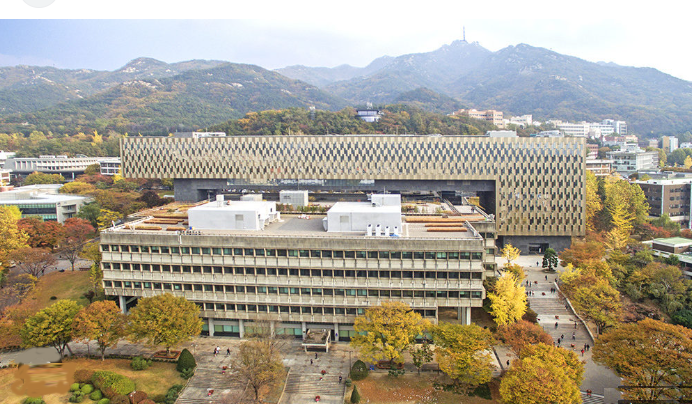
Study in South Korea
Studying in South Korea offers a combination of high-quality education, cutting-edge technology, and a vibrant cultural experience in one of Asia’s most dynamic countries. Here’s a general overview:
Education System
World-Class Universities: South Korea is home to top-ranked institutions such as Seoul National University (SNU), Korea University, Yonsei University, and KAIST (Korea Advanced Institute of Science and Technology), renowned for engineering, technology, business, and arts programs.
Types of Institutions:
National/Public Universities: Government-funded and affordable.
Private Universities: Higher tuition fees but offer a broader range of programs.
Specialized Institutions: Focus on arts, music, or technology.
Language of Instruction: Most undergraduate programs are in Korean, while many graduate programs and some undergraduate programs are offered in English.
Tuition and Cost of Living
Affordable Tuition Fees:
National/public universities: $1,800–$5,500 per year.
Private universities: $5,000–$12,000 per year.
Cost of Living:
Monthly expenses range from $800–$1,500, including accommodation, food, transportation, and personal costs.
Living costs are higher in Seoul compared to smaller cities.
Admission Requirements
Undergraduate Programs:
High school diploma or equivalent.
Language proficiency: TOPIK (Test of Proficiency in Korean) for Korean-taught programs or TOEFL/IELTS for English-taught programs.
Graduate Programs:
Relevant bachelor’s degree for master’s programs.
Research proposal for Ph.D. programs.
Language Skills: Korean proficiency is highly recommended for daily life, though not always mandatory for studies if the program is in English.
Scholarships and Financial Aid
Government Scholarships:
Global Korea Scholarship (GKS): Covers tuition, living costs, airfare, and more for international students.
University Scholarships: Many universities offer merit-based and need-based scholarships for international students.
Private and External Funding: Organizations like NIIED and private foundations also provide financial support.
Work Opportunities
Part-time Work: International students with a visa can work part-time up to 20 hours per week during semesters and unlimited hours during breaks (requires a work permit).
Post-graduation: South Korea has a booming job market, especially in tech, engineering, and entertainment industries. Proficiency in Korean improves employability.
Lifestyle and Culture
Dynamic Culture: South Korea is a mix of ancient traditions (temples, festivals) and modern trends (K-pop, fashion, technology).
Fast-Paced Environment: Known for its 24/7 lifestyle, efficient public transport, and high-speed internet.
Food and Social Life: Korean cuisine is diverse and affordable, with dishes like kimchi, bibimbap, and Korean barbecue widely enjoyed.
Language and Multicultural Environment
Language Learning Opportunity: Many students take Korean language courses alongside their studies to enhance their experience.
Globalization: Universities are actively attracting international students, creating a more multicultural atmosphere, though the primary culture remains distinctly Korean.
Advantages of Studying in South Korea
Access to cutting-edge technology and research.
High employment rate for graduates in industries like electronics, IT, and entertainment.
Immersive cultural experience in one of Asia’s most influential nations.
South Korea is an excellent choice for students seeking academic rigor, cultural immersion, and opportunities in one of the world’s most innovative economies.
